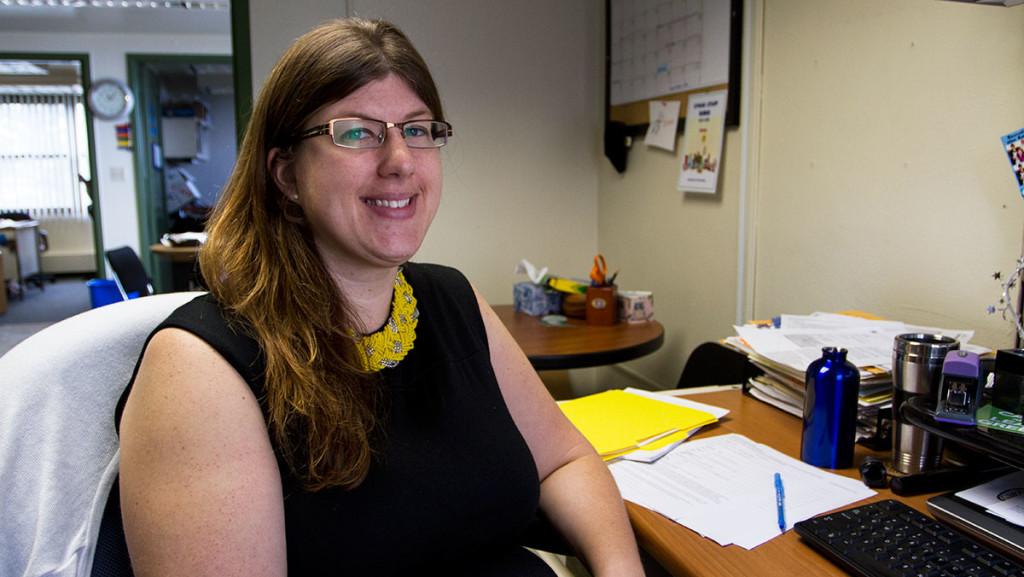The Title IX office of Ithaca College has partnered with the app Reach Out, which provides legal, medical and healing resources for victims of sexual assault and domestic violence.
The purpose of the app, available for download, is to give college campuses resources to address sexual assault and domestic violence. It provides phone numbers to local medical centers, local legal authorities, campus security, campus Title IX departments and healing websites for ways to recover from sexual assault.
Title IX Coordinator Tiffani Ziemann said the college partnered with the app at no cost to the school. Ithaca College students can download the app for free and enter “Ithaca College” to have access to the college’s resources and contacts. The app also contains location services, which provide resources based on location so students can use it when they are abroad.
“We were really excited about this tool that we could provide to our student population and not have to worry about finding the funding for it or shifting funding from other areas to try and cover it,” Ziemann said.
She said that right now the office relies on students’ reading and seeing visuals around campus and online regarding sexual assault but that with the launch of the app, resources will be more easily available and more likely to be utilized.
The app connects students to local law enforcement, campus public safety and law enforcement, campus chaplains and the Center for Counseling and Psychological Services. Ziemann said reporting options may be available on the app down the line. Having this information directly on students’ phones, she said, is a clearer way of imparting the information.
“If they have questions, if one of their friends has talked to them about it or they feel like, ‘Oh my gosh, I just experienced this, and I don’t know what to do,’ being able to click around the app is going to be a lot more accessible for students,” she said.
Sophomore Anna Gardner, vice president of Feminists United at the college, said she is excited to see the college provide better resources for sexual harassment and assault on campus.
“Understanding Title IX at its core is one of the most important things that I don’t think many students understand,” she said.
Gardner said she encourages students to go on the Sexual Harassment and Assault Response & Education website and browse the app to learn about information they might need one day, even if they think they will not need it. The SHARE website provides links for counseling for sexual assault and contact information for reporting incidents. The website also defines the different forms of sexual assault.
“I think it’s imperative to inform yourself, not only for yourself but for others if you can help them out of a situation,” Gardner said.
Andrew Kosinuk, crime prevention and community events liaison at the college, stated in an email response that he feels that information about sexual assault must be available and easily accessible for students.
“Some people are looking for counseling support, some want to see a police response, some are focused on medical needs, and some just want to make sure someone has heard their experience,” he stated. “Having all those options represented in an informational resource is so important, because it reinforces people’s right to have the follow-up to their particular situation that best fits their particular needs.”
Though students learn about SHARE at orientation, Kosinuk said, the information is not always retained, and having the app is a huge help.
“Having an app like this available means that if students do need some kind of Title IX support or just a reminder of the information, they have a quicker and easier way to get that than trying to find or remember resources that were shared with them months ago,” Kosinuk stated.








